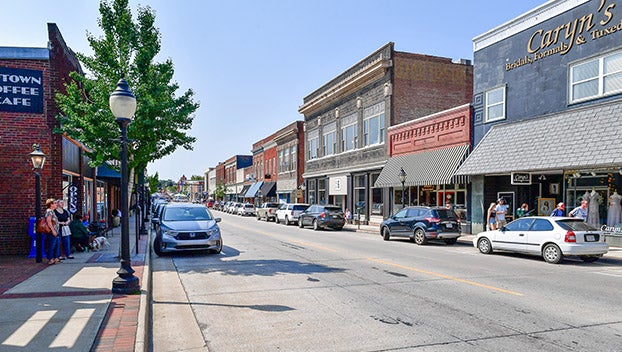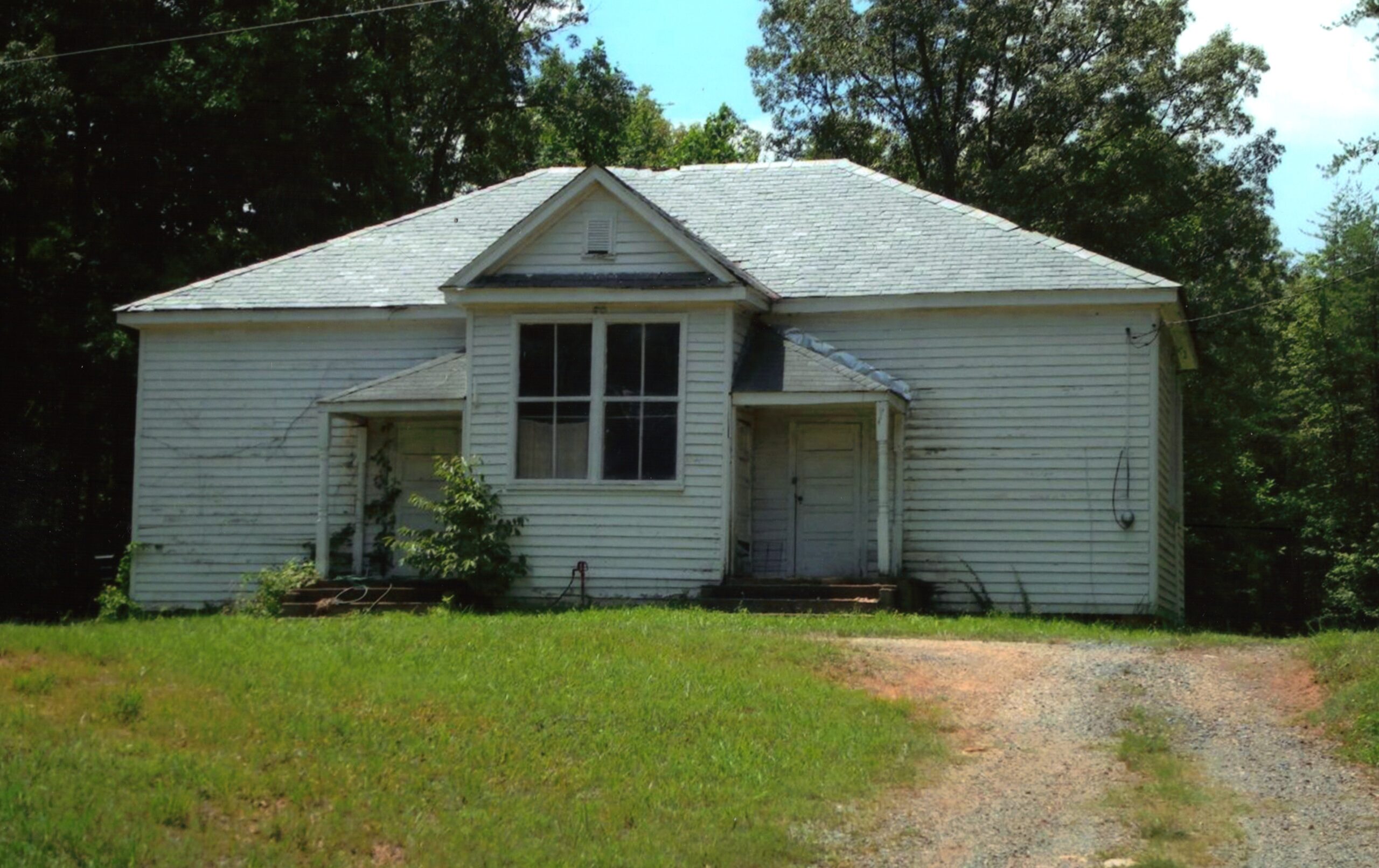Owners should protect wetlands
Published 2:26 pm Tuesday, September 20, 2016
Several U.S. government agencies — the Natural Resources Conservation Service (NRCS), U.S. Army Corps of Engineers (COE), Fish and Wildlife Service (FWS) and the Environmental Protection Agency (EPA) — are asking all landowners to be aware of any wet areas on their properties before contacting a contractor or starting up a dozer.
Wetlands are a very important component of all ecosystems, serving as natural filters that protect surface waters from sediment and pollutants from higher elevations in the watershed. Wetlands also provide flood control and habitat for many important wildlife species.
Wetlands are areas that must have hydric (or wet type soils), a predominance of hydrophitic (or wet type) vegetation, and wet type hydrology (which means the soil stays saturated with water for periods of the growing season). Contrary to what many people believe, an area does not have to be a “swamp” to be classified as a wetland.
Trending
These wet areas should be protected and not manipulated in any way. An official wetland determination should be completed on all tracts before any land clearing, pond construction, or earth moving of any kind occurs. The NRCS will complete wetland determinations for all U.S. Department of Agriculture (USDA) program participants. COE will complete determinations for landowners who are not USDA participants. COE also regulates all pond construction.
Clearing wetlands or manipulating them in any way could result in the loss of all USDA program benefits and possible fines from other U.S. government agencies. All cleared wetlands will have to be restored back to their natural condition. The NRCS will be glad to answer questions and discuss wetland regulations with any landowner. The NRCS can help landowners determine which government agency can best help them with their specific wetland issues.
The local NRCS office, serving Charlotte and Lunenburg counties, at 250 LeGrande Ave. in Charlotte Court House, can be contacted by phone at (434) 542-5442, ext.3. District Conservationist Martha Powers and Technician Stuart Ward will be glad to help with any natural resource concerns.





